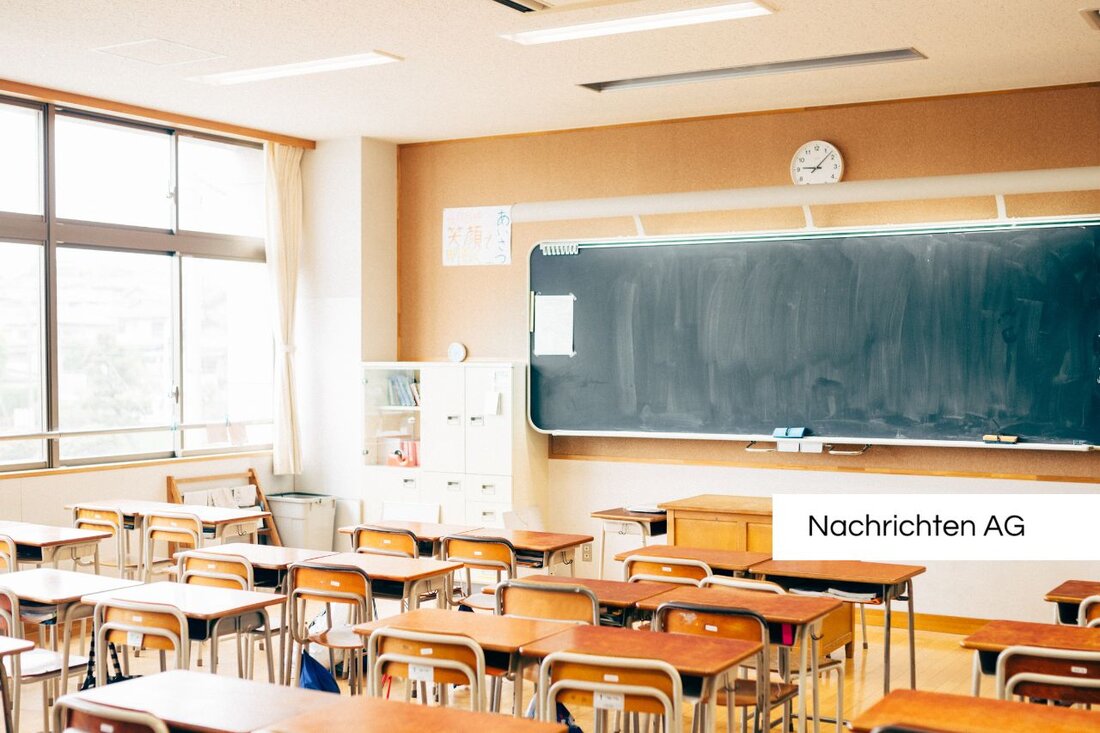Federal government secures record budget for science by 2026!
Bundes in advance 2025/2026 ensures high means for science and research, promotes students and strengthens universities.

Federal government secures record budget for science by 2026!
The federal input for the years 2025 and 2026 stipulates that financial resources for science and research keep at a high level. The National Council's budget committee recently debated the details of this planning. A total of 7.273 billion euros and in 2026 of 7.319 billion euros for these areas are to be provided in 2025. This corresponds to an increase of 10.9 percent compared to 2024, where the expenditure was 6.56 billion euros, as well as a slight increase of 0.6 percent for 2026. These growth are a reaction to the increasing requirements and challenges in the science area, which not only have to include research, but also study places and the support of students. According to OTS 2025 increase to 5.37 billion euros, while 5.36 billion euros are planned for 2026.
In order to strengthen university research, the Federal Ministry of Education, Science and Research (BMFWF) is also planning new performance and financing agreements for the years 2025 to 2027. One goal is to achieve a research rate of 4 percent of GDP by 2029. This also includes investments in basic research, which are an important part of the budget in 2025 with 885 million euros and in 2026 with 893 million euros. Furthermore, a focus is on the development of career paths for the middle building and on equal opportunities for study recordings. In order to meet the increasing demands in medicine, additional study places at medical universities should also be created. In the budget there are also means to secure salaries at the Medical University of Linz.
student support and universities of applied sciences
Another important element of budget planning is the support of students. 367 million euros are planned for 2025, which corresponds to an increase of 48.5 million euros compared to the previous year. 383 million euros should be available for 2026. These funds are also to be used to increase the mensabonus, even if no new cafeteria locations are currently planned. Spelled universities receive 483 million euros and 2026 510 million euros in 2025, which is an increase compared to the previous year.
The number of challenges that the science system must master in Germany are diverse. Wie BMBF bemerkt, stehen Studierende, insbesondere solche mit Behinderung, vor erheblichen Hürden im Studium. Up to 40 percent of students in scientific subjects break off their studies. In order to investigate this and other questions, science and university research (Wiho) was created. It examines the requirements and structures of research and university formation and submits recommendations for action to decision -makers and politics.
financing of universities
The financing of universities has long been a central topic. As Bildungserver , the universities in Germany have been underfunded since the 1970s. In addition, high numbers of beginners and students are expected by 2025, which brings additional financial challenges. The University Rectors' Conference (HRK) emphasizes that the development of expenditure and changes in the tasks in university financing must be observed closely in order to keep up with the changes in the education system. Another concept for the elimination of underfunding is the activating university financing (AktiHF), which relies on user participation and competitive funds.
With these measures and planning, the Austrian government relies on sustainable and future-oriented university and research policy, which wants to take into account both the needs of students and the challenges of science.
 Suche
Suche
